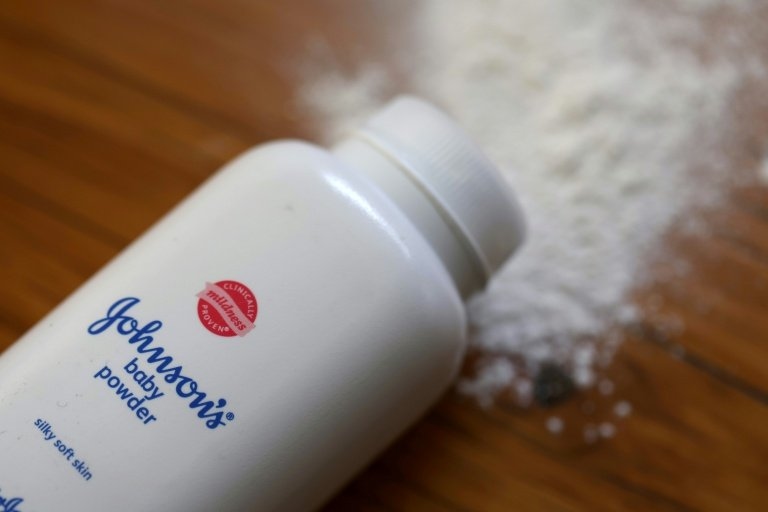Johnson & Johnson Sued in UK Over Talc Suspected of Causing Cancer

US pharmaceutical giant Johnson & Johnson is the target of a class action lawsuit in the UK over talc suspected of containing asbestos and causing cancer , the law firm representing the plaintiffs said on Thursday (16).
According to KP Law, which filed the lawsuit with the High Court in London and claims to represent more than 3,000 plaintiffs, the amount of compensation sought could reach more than one billion dollars (5.4 billion reais at the current exchange rate).
The complaint, "which covers the period from 1965 to 2023, details how Johnson & Johnson knew that its talc-based products contained carcinogenic fibers, including asbestos, for more than fifty years and chose to keep them on the market ," the law firm said in a statement.
Users of this product, withdrawn from the British market in 2023 (three years after its ban in the United States and Canada), have reportedly developed different types of cancer, especially in the pleura, peritoneum and ovaries.
In 2023, Johnson & Johnson, which remains focused on pharmaceuticals and medical devices, spun off its consumer products and personal care division, creating a new, independent company called Kenvue.
Contacted by AFP, Johnson & Johnson considers that Kenvue has inherited “all presumed obligations related to the talc litigation outside the United States and Canada.”
A Kenvue spokesperson said, in turn, that "years of testing by renowned independent laboratories, universities and health authorities in the UK and around the world" prove that the product is safe, "does not contain asbestos and does not cause cancer."
In April, the American justice system rejected an offer from Johnson & Johnson, which proposed, without acknowledging its liability, to pay around 8 billion dollars (43.7 billion reais at the current exchange rate) over 25 years to resolve 90,000 civil lawsuits in that country related to ovarian problems (99.75% of current complaints).
Since July 2024, talc has been classified as probably carcinogenic by the International Agency for Research on Cancer (IARC) of the World Health Organization (WHO).
However, a synthesis of studies published in January 2020, which included 250,000 women in the United States, found no statistical link between the use of talcum powder on the genitals and the risk of ovarian cancer.
IstoÉ





